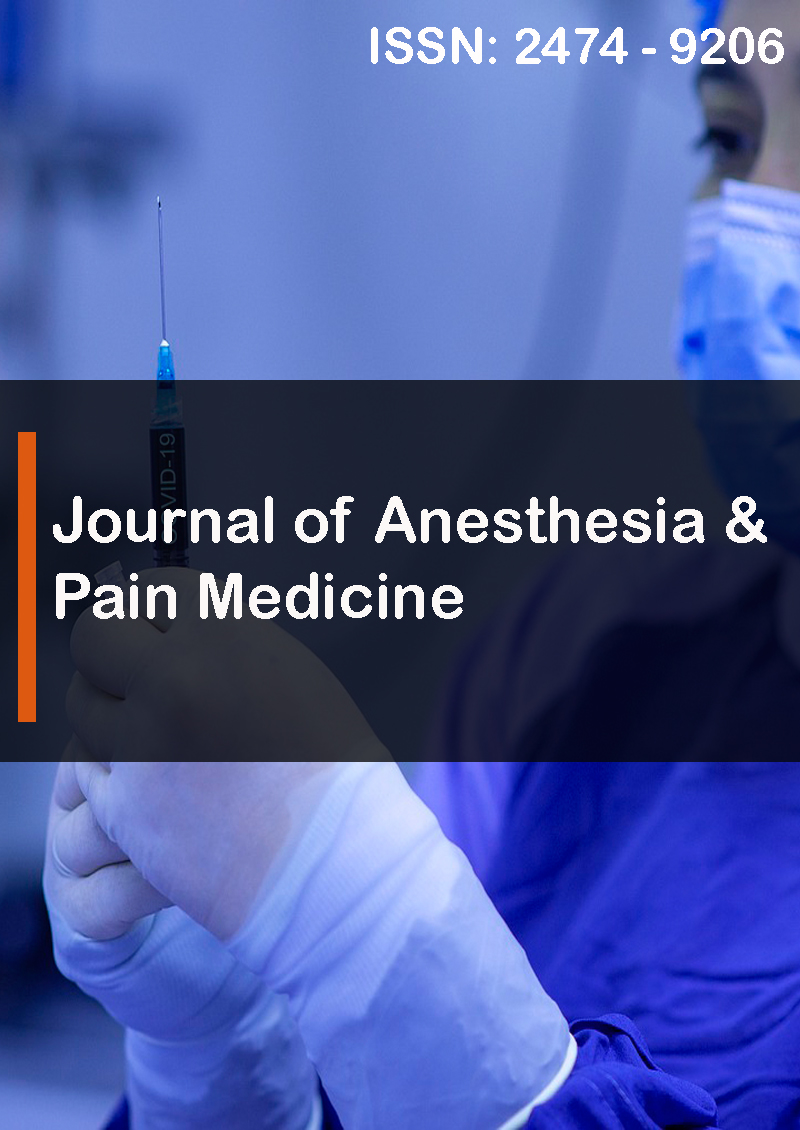A Comparative Study of Sevoflurane Versus Isoflurane as an Anaesthetic Agents
Abstract
Girishkumar Modi, Vijay Kumar and Nagaraju Munagala
Background: Inhalational anesthesia has come a long way since the day of open ether and chloroform, newer better inhalational agents continue to be introduced at regular intervals leading the earlier ones to obsolence.
Objective: To study recovery characteristics and compare the clinical cardiovascularparameters during maintenance of anesthesia and post-operative events resulting from Sevoflurane and Isoflurane anesthesia.
Materials and Method: Fifty adult patients of ASA grade - I and ASA grade - II between the ages of 18-55 years were selected for the study at municipality hospital during anesthesia residency program of author in India. Patients maintained on Sevoflurane were designated as Group - I and those on Isoflurane as Group - II. Inhalational agent was started and maintained with 50% Oxygen and 50% Nitrous Oxdie. Patients were maintained with controlled ventilation with Vecuronium bromide and Inhalational agent. Vital signs were recorded every 15 minutes. After com- pletion of surgery inhalational agent was stopped. Post operatively, the patient’s vital signs, muscle tone and power were checked and recorded.
Result: In group II, Heart rate increased in 96% as compared to Group I where heart rate increased in 88%. In group II, 92% of patients showed a decrease in MAP as compared to 76% in Group I. In Group I mean (average) time inter- val between loading dose and 1st maintenance dose of muscle relaxant was 38.48 + 2.40 min and in Group II it was 30.08 + 1.44 min. Recovery was fast in Group - I as compared to Group – II.
Conclusion: It was concluded that though hemodynamic disturbances are present with both the agents, Sevoflurane ensures more cardiovascular stability than Isoflurane. The recovery was faster with Sevoflurane than Isoflurane. The incidence of post-operative complications is slightly less with Sevoflurane than Isoflurane. In nutshell, Sevoflurane is a better volatile agent of choice as compared to Isoflurane.



